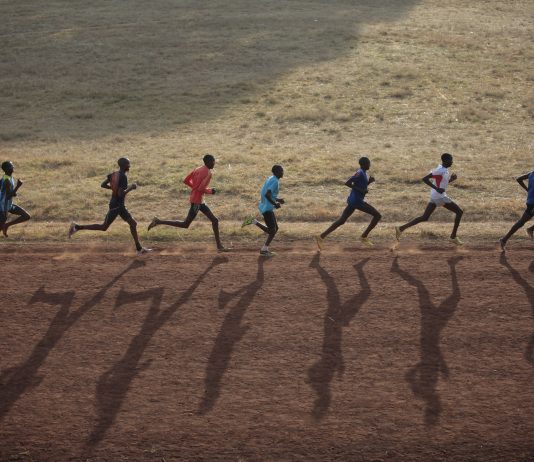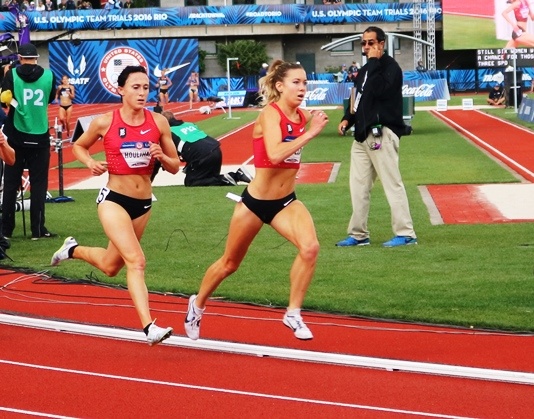The intensity of a workout is increased, just like with hill runs, by stair workouts. But, because of the steep height, climbing stairs is frequently more difficult than sprinting up a moderate incline. This increased effort makes runners breathe more quickly and forcefully, which can improve their ability to use oxygen. Regular stair workouts can help runners increase their VO2max, enabling them to run faster on flat terrain
Going barefoot allows you to feel where your foot lands relative to your center of mass, which muscles are activated, and whether you're maintaining your arch. Short periods of barefoot running can provide enough stimulation to recognize these imbalances and work to correct them.
If you're a runner, you've probably heard terms like "interval training," "speed work," and "repetitions" thrown around. But do you really understand what they mean and how to incorporate them into your training program? This article aims to provide a basic understanding of these concepts and the potential risks associated with them.
Running uphill is a demanding task that requires a combination of strength, endurance, technique, and determination. Many runners have mixed feelings about hill running, but there are several reasons to incorporate hills into your training routine.
Hill running is a workout that every runner should consider incorporating into their training routine. The benefits of hill running are numerous, including improved leg strength, running economy, and endurance. Not only that, but many professional runners swear by the effectiveness of hill running, including British athlete Sebastian Coe and New Balance coach Steve Vernon.
As the spring weather beckons us outdoors, runners are hitting the pavement with a renewed sense of purpose. Whether you're training for your first 5k or your tenth marathon, hill workouts are a vital component of speed work that can benefit any runner, regardless of skill level or experience.
If you're thinking about running your first half marathon, the prospect can be intimidating. But with the right preparation, you can conquer those 21 kilometers and cross the finish line feeling like a champion. Here are some tips to help get you started:
As a graduate student, I neglected my self-care and suffered an ankle injury from stepping off a curb. It left me on crutches for weeks, which took a toll on my mental health. However, that misstep was the catalyst for my journey into running, one of resilience, determination, and growth.










